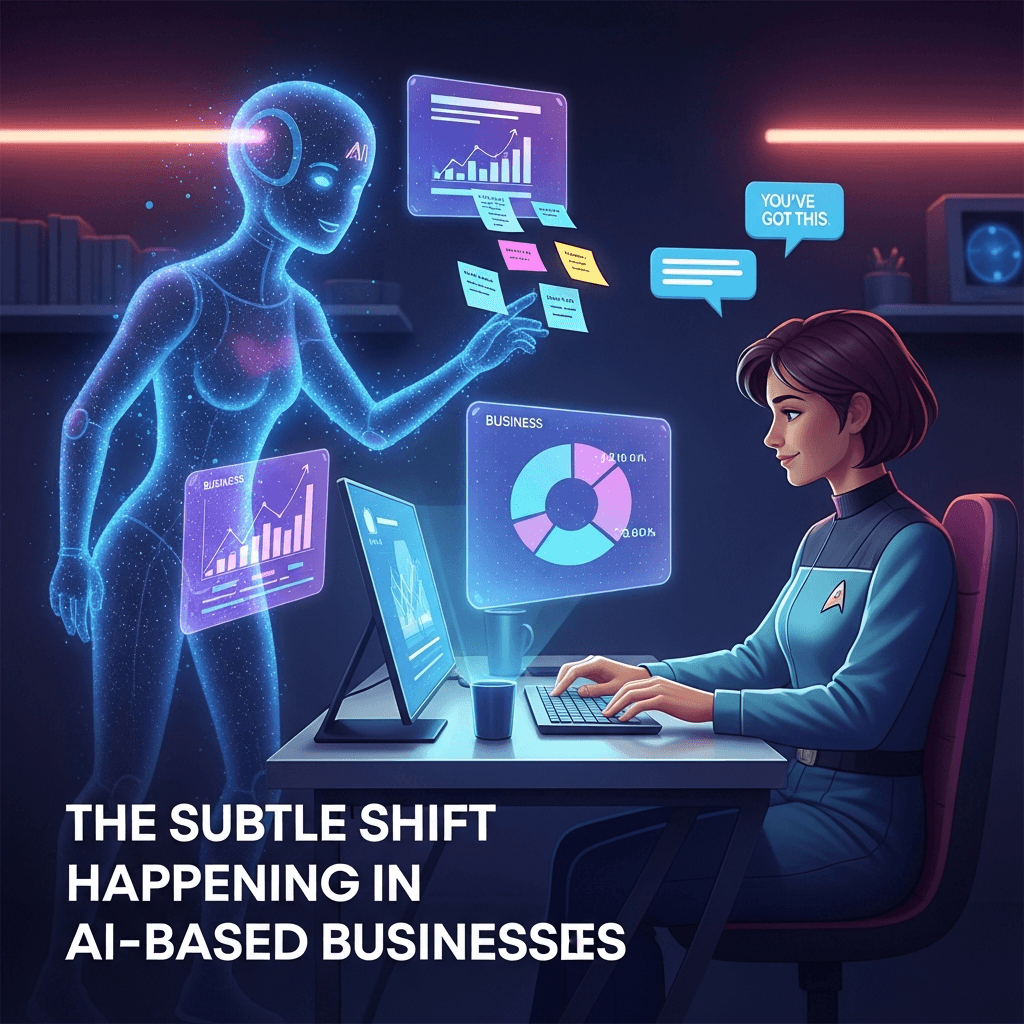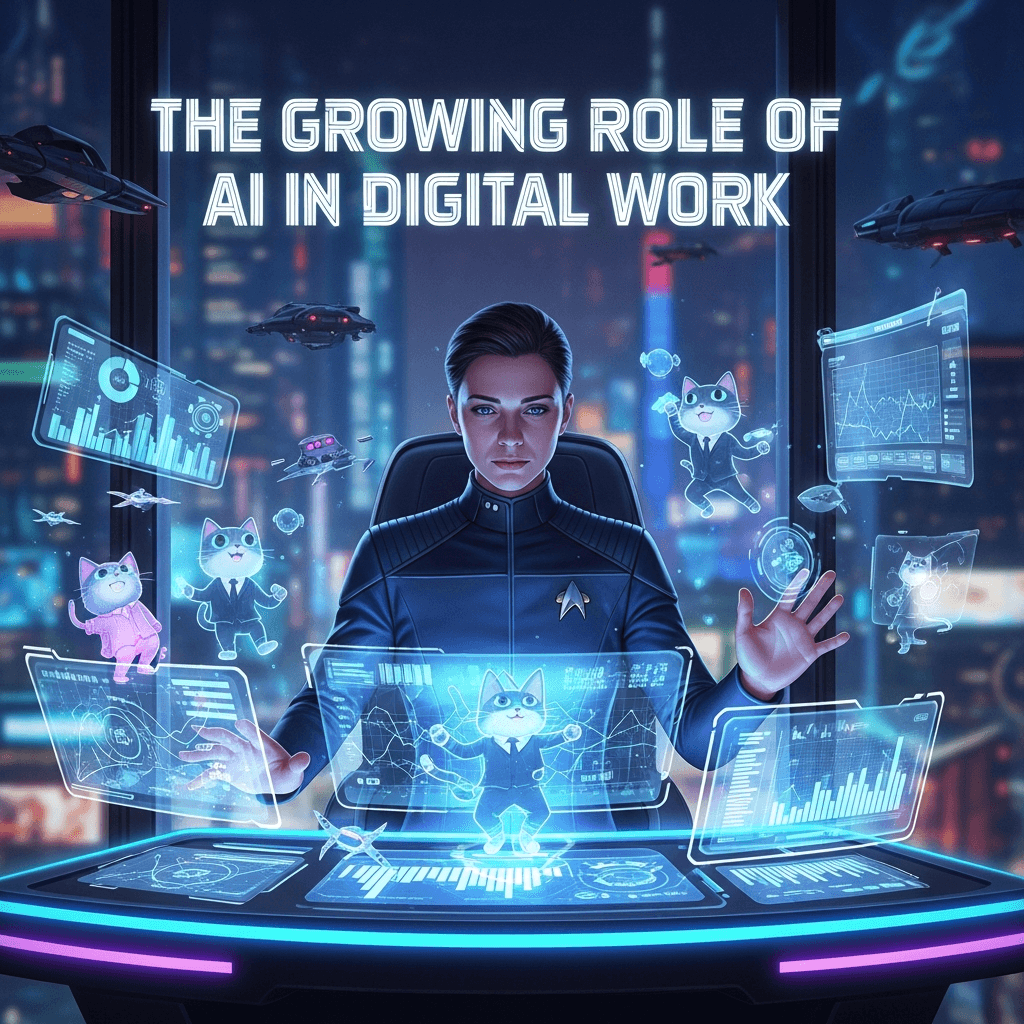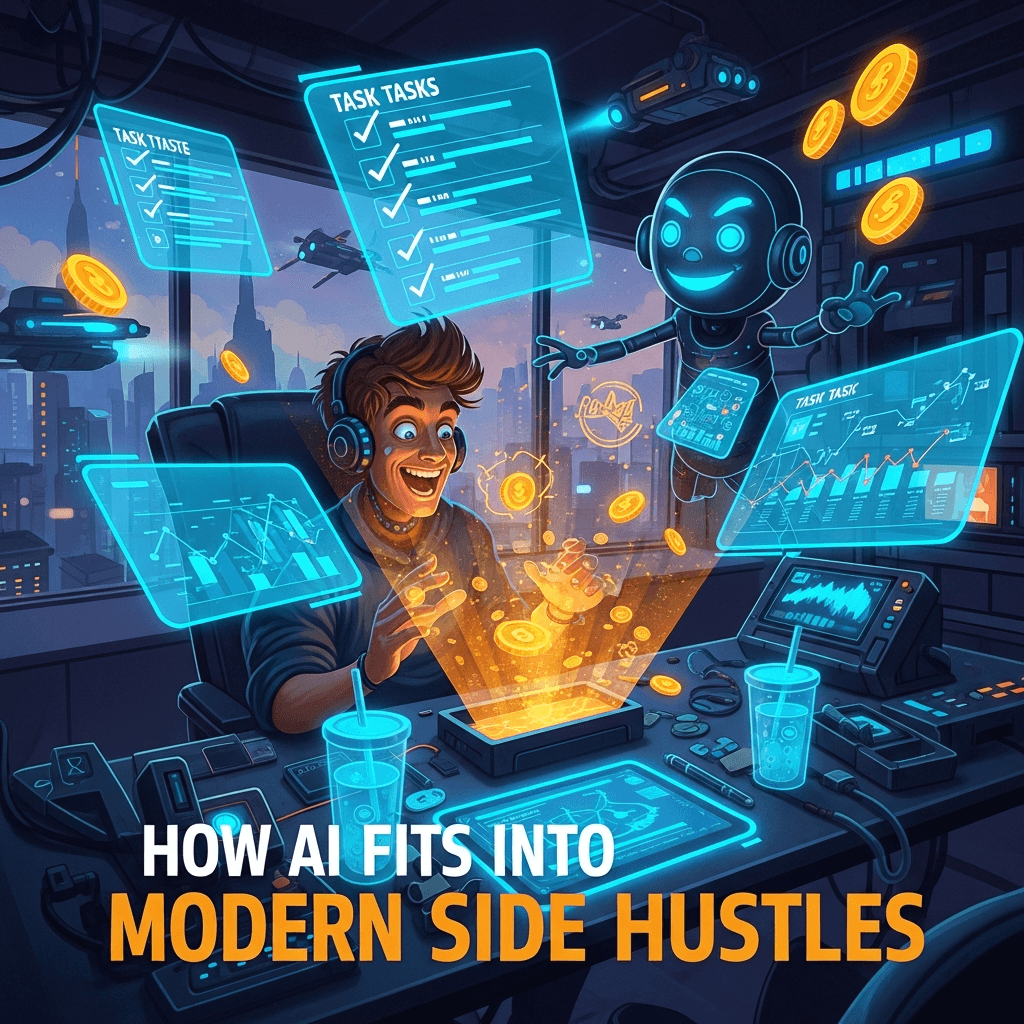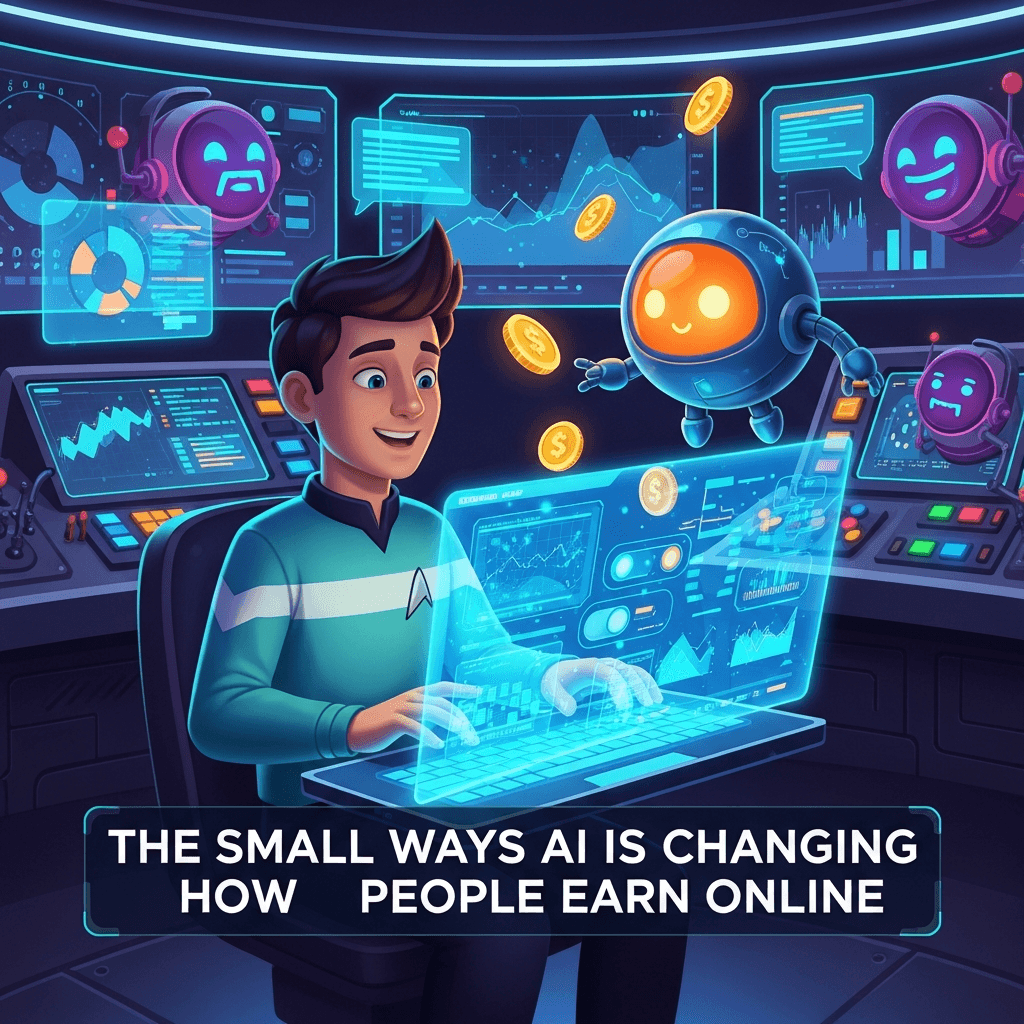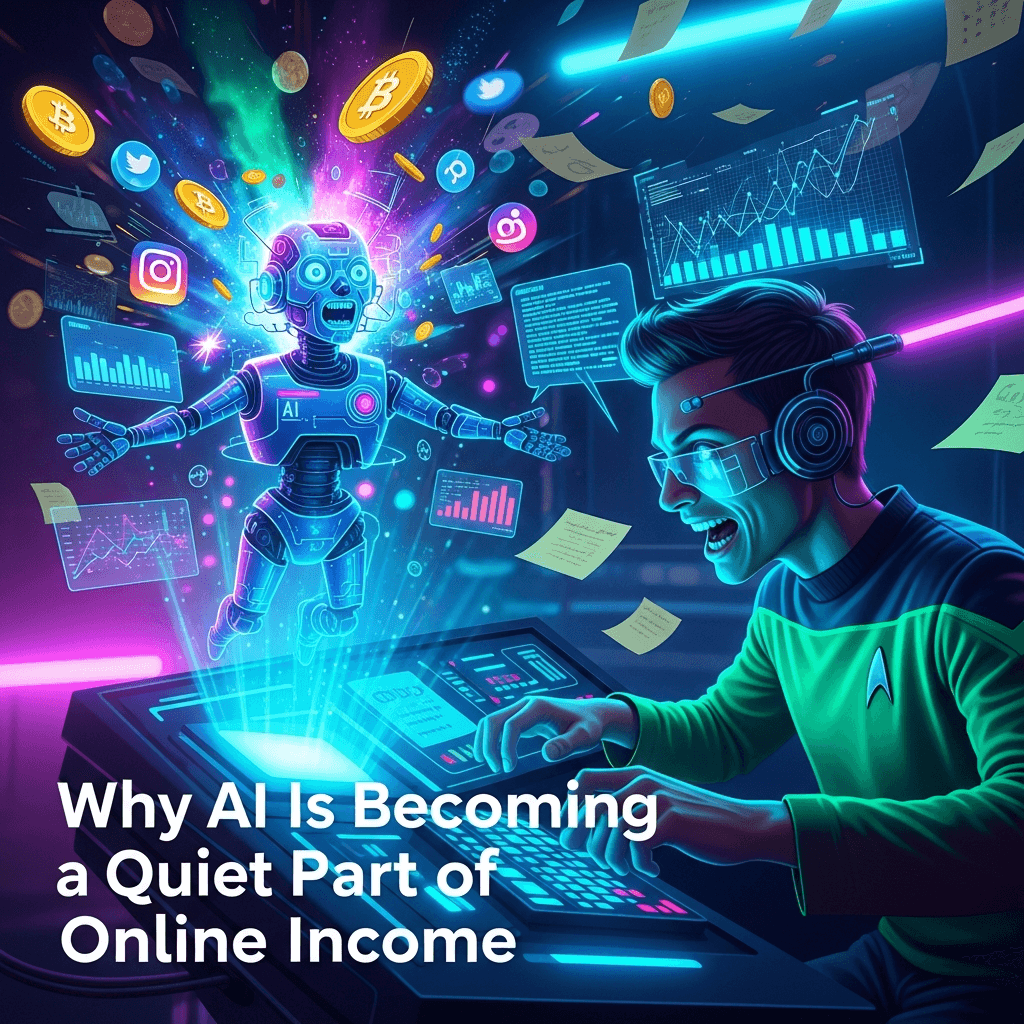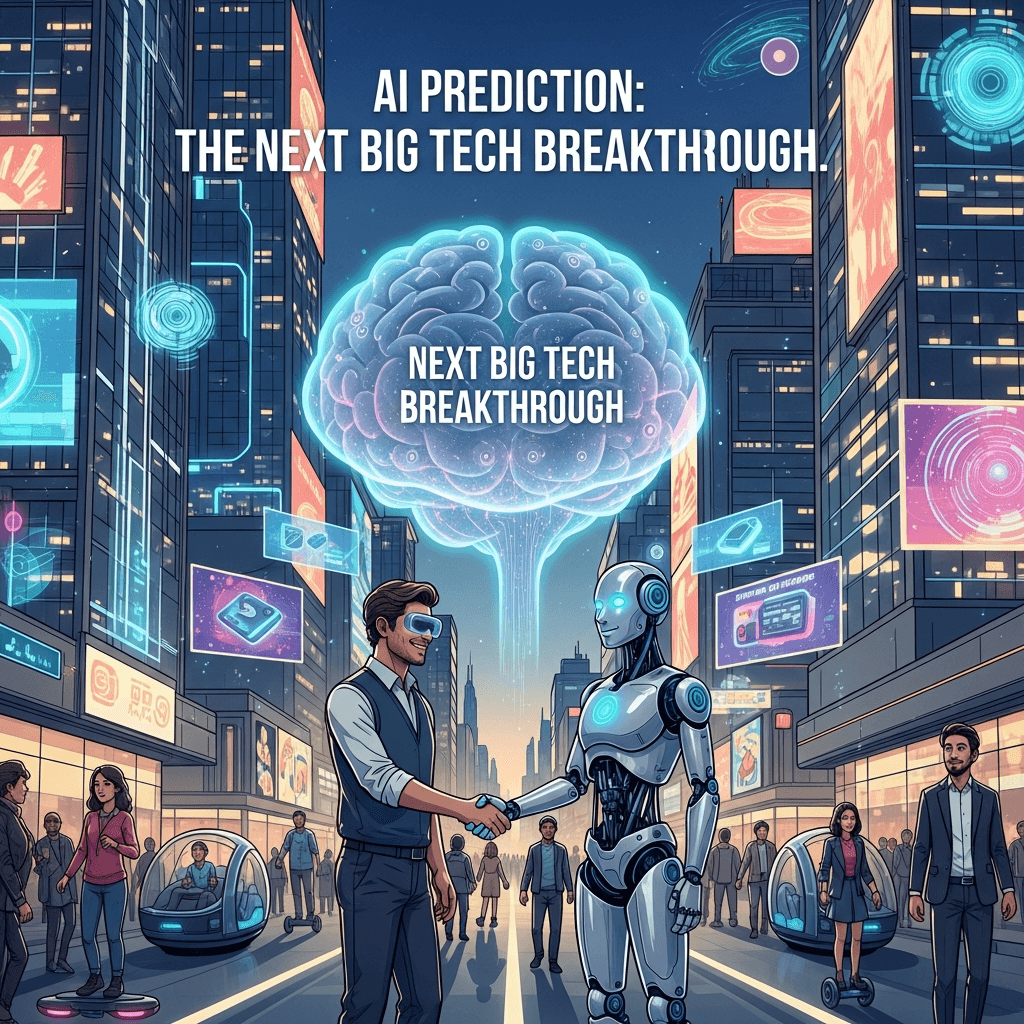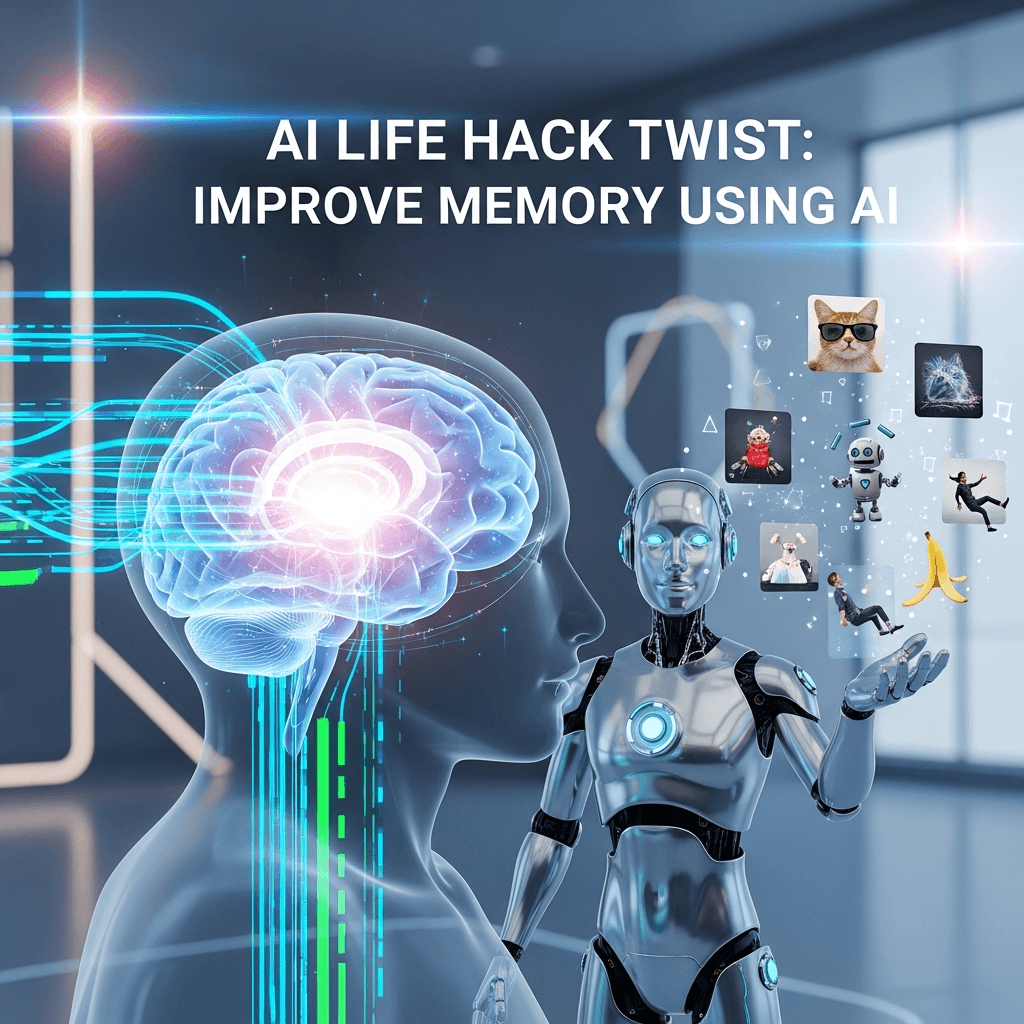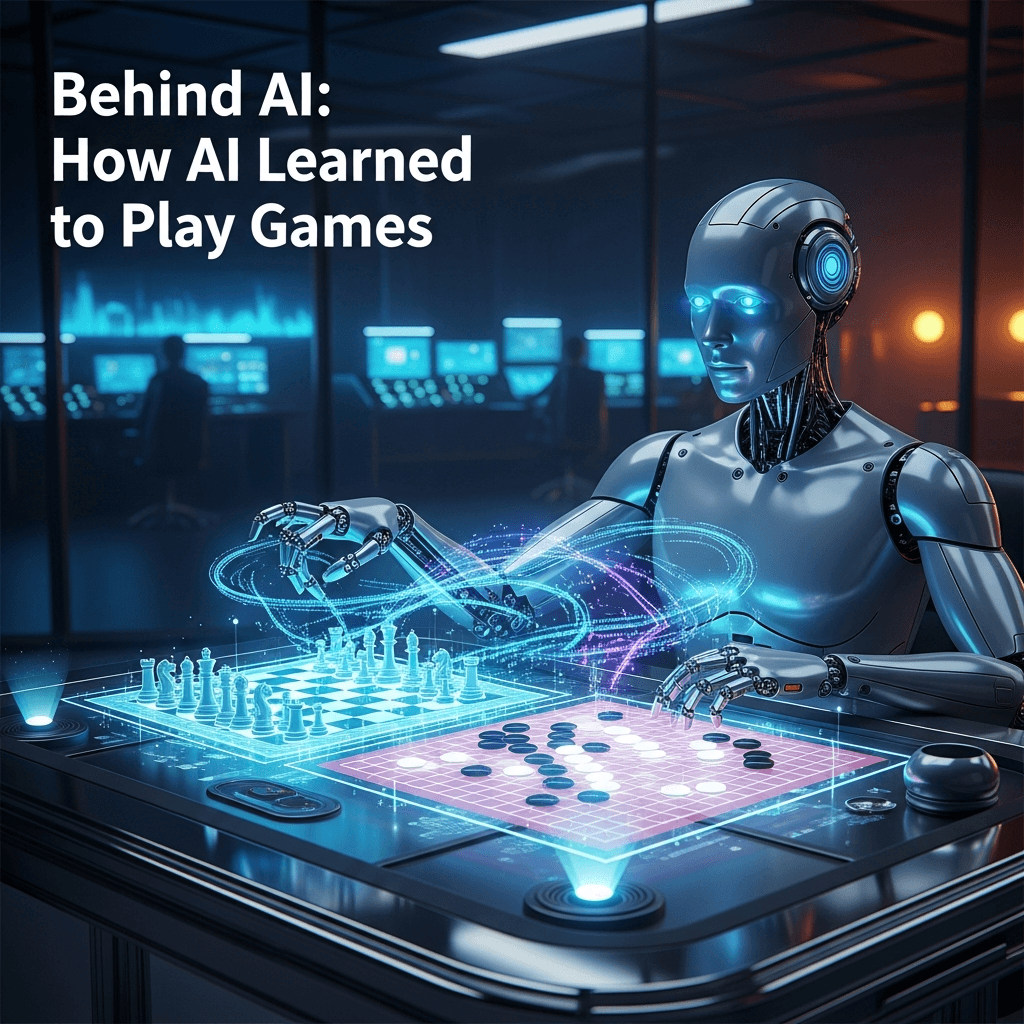It starts as a casual chat over beers—then someone drops the words ‘AI’ and ‘government,’ and suddenly you’re knee-deep in conspiracy theories. Here’s why everyday people are turning simple conversations into late-night debates about tech, power, and who’s really pulling the strings.
You’re hanging at the bar, shooting the breeze. Someone mentions how ChatGPT helped with their emails. Another guy laughs: “Yeah, that’s how it starts—next thing you know, AI’s running the world.” Suddenly the mood shifts. The bartender leans in. Everyone’s got a theory.
That’s the funny thing about AI—it doesn’t just live on your phone, it lives in your head. The minute it comes up, people stop joking and start connecting dots. “Google is stealing the news,” one says. “Elon Musk warned us years ago,” another chimes in. Before long, the whole table sounds like a late-night podcast.
Here’s the whisper: it’s not crazy that AI sparks conspiracies. It’s built to collect data, predict behavior, and automate decisions. That alone feels creepy. Add in government contracts, corporate greed, and a history of tech being abused—and suddenly the wild theories don’t feel so wild anymore.
For everyday people, this is how AI shows up. Not in boardrooms, not in labs, but in beer-soaked conversations where you realize your fridge might be spying, your boss might be a bot, and your phone definitely hears more than it should.
The bottom line? Conspiracy theories about AI stick because they feel personal. It’s not about robots taking over—it’s about whether you can trust the tools you use every day. And when your buddy at the bar says, “What if AI already knows what we’re talking about?”—you laugh, but you also wonder if he’s right.


